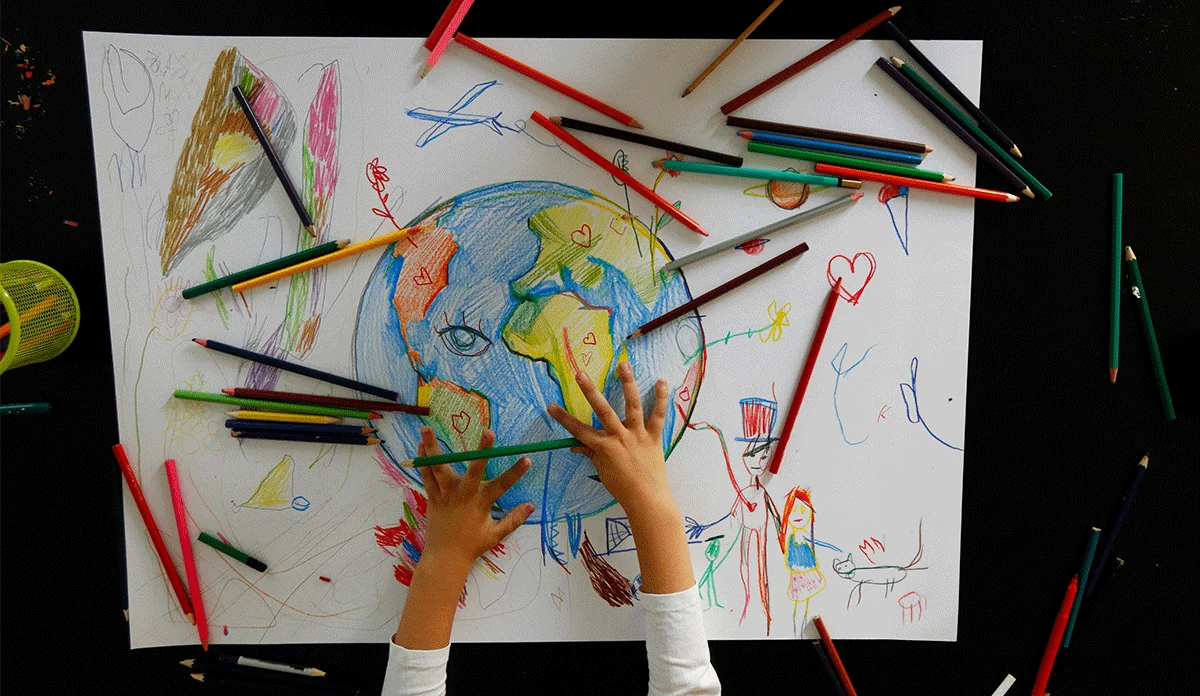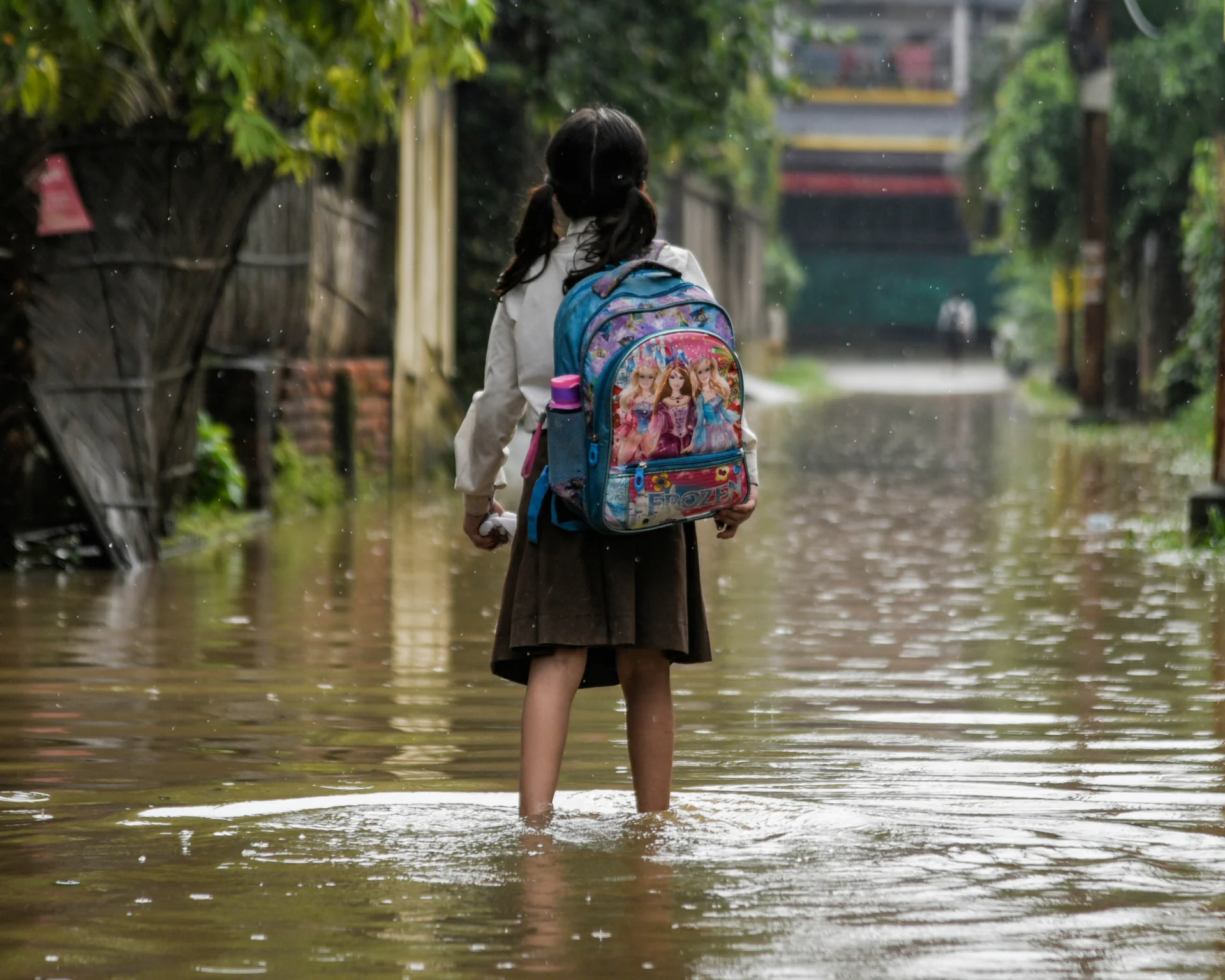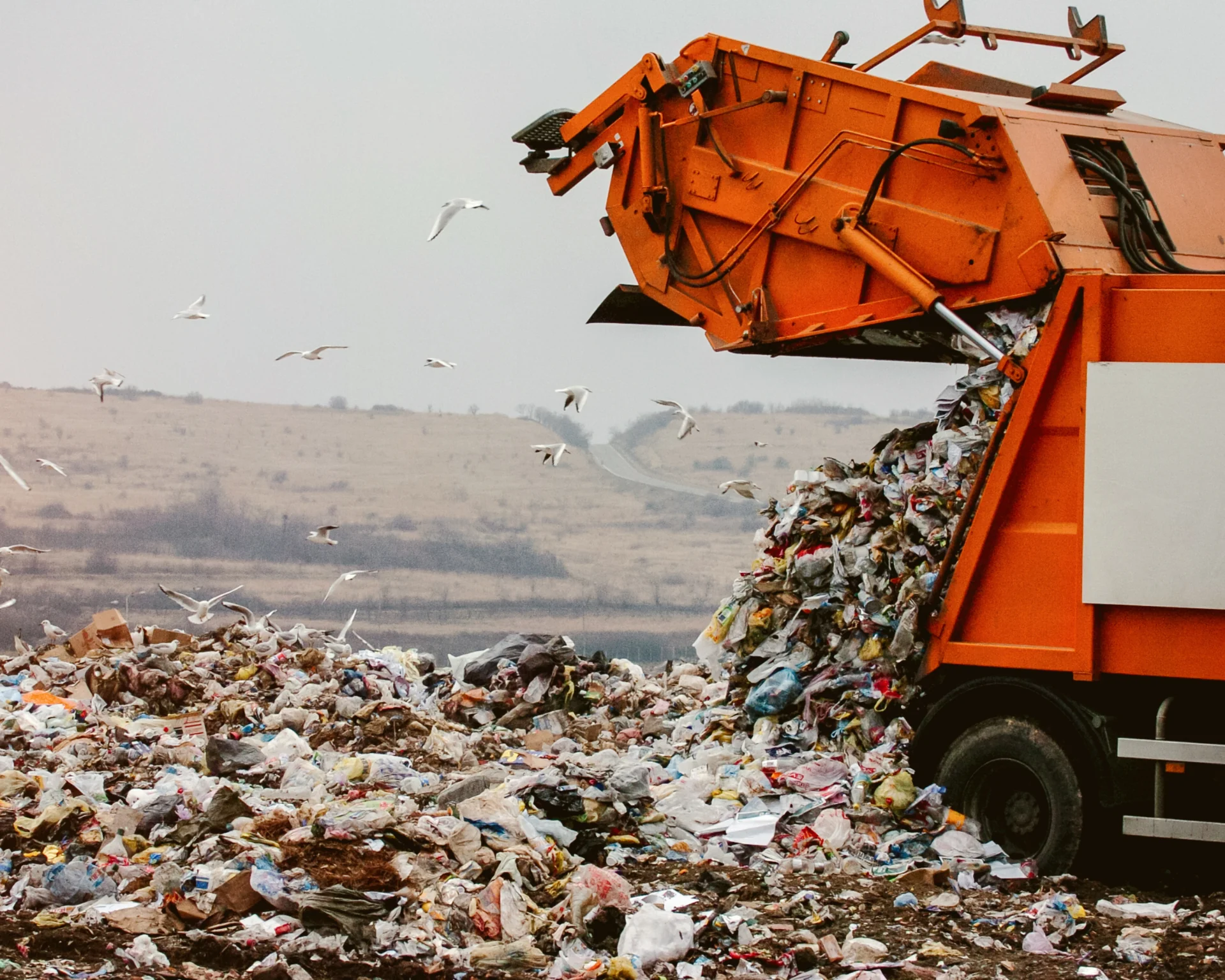Having Kids in a Changing Climate
Overconsumption, overpopulation, and uncertainty about the future of the planet were among the reasons cited in a study about people not wanting to have children because of climate change.

Read Time: 3 minutes
Published:
Climate change is a front-of-mind issue for many people. According to the Pew Research Center, people around the world, especially women and younger people, see climate change as a major threat to national security in their countries. As concern about the future of the planet grows, movements such as Birthstrike, Population Matters, and #NoFutureNoChildren are gaining attention as more individuals begin to question whether bringing more children into a warming world is the right thing to do.
Changes in birth rates can have a number of implications. On the one hand, increasing population — and resulting higher levels of consumption — have a detrimental impact on the environment, especially in high income countries. More people use more resources and simultaneously make a greater contribution to environmental pollution. On the other hand, lower birth rates can have a negative impact on labor markets, tax revenue, and social support systems. Fewer people also means lower levels of consumption, which in turn impacts corporate profits and economic growth. Even without considering the other personal, social and economic factors that are at play, deciding whether or not to have children is a complex choice. It carries a wide range of repercussions and, within the context of mounting climate concern, warrants further exploration.
In order to better understand the reasons people have for not wanting to have children in relation to climate change, I collaborated with Dr. Sabrina Helm (University of Arizona) and Dr. Joya Kemper (University of Auckland) on two studies. First, we looked at news articles about going childfree in response to climate change and analyzed reader comments. Second, we interviewed young adults (age 18 to 35) in New Zealand and the US who said that climate change played an important role in their decision about having kids or not. The findings from both studies revealed that people were mainly concerned with overconsumption, overpopulation, and uncertainty about the future of the planet.
Almost all interviewees said they worried about how their potential children would contribute to climate change.
Of the three concerns, overconsumption was the most common, especially among our interview participants. Almost all interviewees said they worried about how their potential children would contribute to climate change. In particular, they were concerned about increasing their carbon footprint and draining increasingly scarce resources such as food and water.
The primary concern of readers who commented on climate change articles was overpopulation. The worry here stemmed from the perspective that having more than two children (replacing self and partner), directly contributes to population growth, which many perceived as selfish.
Finally, the people we interviewed and the online comments, expressed a strong sense of doom when contemplating the future of the planet if climate change continues unchecked. Having children, in this light, aroused a sense of guilt or moral and ethical wrongdoing, when one couldn’t guarantee what kind of future potential children would have, or when considering the impact those children would have on the planet.
Such a weighty decision caused considerable mental and emotional strain. It is evident that the effects of climate change extend beyond just impacts to the weather and the environment. They also permeate our mental and emotional health and wellbeing. This raises important issues for public policy and health systems. Climate change mitigation strategies need to reduce emissions and environmental damage and also allocate resources to address immediate and future impacts on mental health.
Photo via Getty Images



